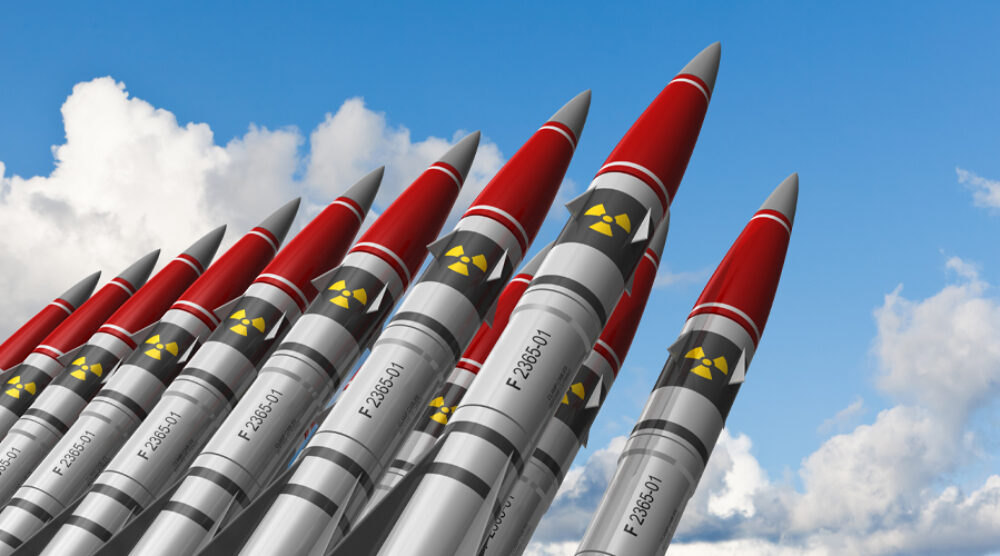STEPHAN FRUEHLING AND ANDREW O’NEIL |
As great-power competition intensifies, the role of deterrence and the potential for escalation have taken on renewed importance in the security calculations of Australia and other U.S. allies. How to manage deterrence and escalation is an inherently political question. For deterrence to be effective, allies have to find ways to agree and credibly commit to what they are willing to do for each other. And nowhere is this more important than in relation to the role of U.S. nuclear weapons.
Ahead of the highly anticipated release of the Biden administration’s nuclear posture review in early 2022, attention has turned to the role that allies play in U.S. nuclear policy. Recent reporting indicates that U.S. allies in Europe and the Indo-Pacific have pushed back against moves by Washington to limit, in declaratory terms, the circumstances in which it would consider using nuclear weapons.
Please click here to read the full “Making Indo-Pacific alliances fit for deterrence” published at Real Clear Defense, written by Professor Stephan Gruehling and Griffith Asia Institute member, Professor Andrew O’Neil.








